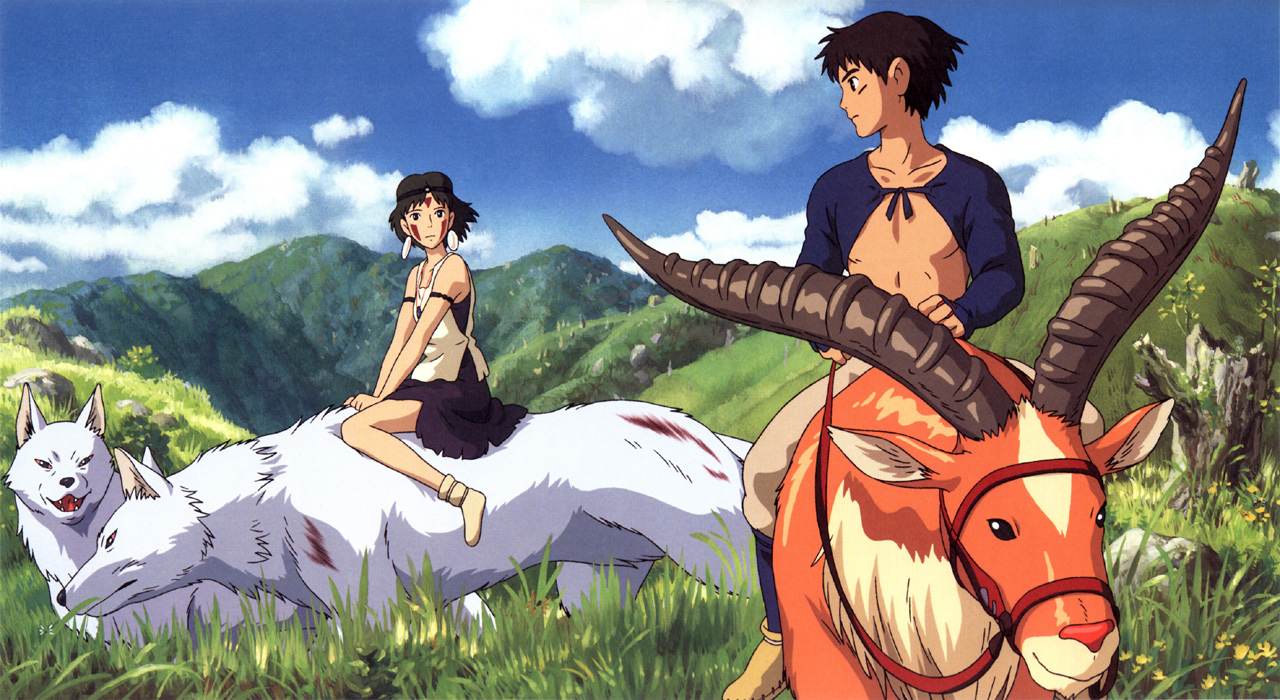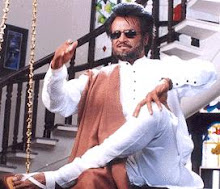At 5.30 am, when many of my buddies were tottering into bed after pondering through the night over what Hecksher and Ohlin were on, Arun and I woke up to accomplish the same task. We staggered into the corridor, feeling that familiar-September feeling, of having holidays and festivals round the corner, and sang, almost together, "Early Morning Cold Taxi" in the same tuneless monotone.
"Dude, WHAT is this song?" I asked. I had been singing this same line - actually, it was more like poetry recital - for two whole days without knowing what it was, what it meant, or where I had heard it.
"Dementor keeps singing this..."
When he got up for that day, we asked him, "Dude, play us this song..."
And he did. For the rest of the year, Dement insisted that there was one place where The Who sang this tunelessly. Nevertheless, we were hooked - to Early Morning Cold Taxi, and to Dement.
And before every exam, till he end of my fifth year, if I felt unsure or jittery, I'd sing to myself,
3:36, it's cold, I know I'm growing old,
With life's best side on the downward slope,
It's in my own hands, I know I'll cope,
My girl's with me and all my friends can see.
Here I am again,
Early morning cold taxi.
Early morning cold taxi.
At every Western Music, the three of us would briefly contemplate singing Early Morning Cold Taxi - branded our room song (one that changed to
Grab your balls like Michael Jackson when Geek moved in) - and Al would chicken out.
Singing was the only thing that I had even seen Al chicken out of - he took on Lizzy and her bouts of madness, ESPN-Star and it's hiring policies (when he went up to their office in Singapore and demanded that he be taken in as a commentator), much bigger opponents from Al-Ameen in every football match, and Jian Johnson's might in that last basketball game. All with the same passion, intensity and earnestness.
In his own words, "I can't stay quiet in the face of injustice."
***
Al was also the source of endless entertainment and conflict in our room. In the run up to the 2003 World Cup, Arun and I decided that we had to make that trip to South Africa. And like all reasonable persons, we realised that the easiest way to do that would be through the "Britannia Khao, World Cup Jao" scheme. And like good boys who didn't overspend, we bought one pack of biscuits a day, and religiously saved the wrappers. When we had enough points to be eligible for the trip to the World Cup, we rushed back to the room to pick up the other wrappers and claim the hallowed Scratch Card.
When we reached the room, we found it spotlessly clean - even my extra-messy cubicle was swept and swabbed, the clothes were all folded and kept in the cupboard, and the wrappers were missing. Al had cleaned up our room, and cringed at the fact that his two roommates ate these cream biscuits everyday, and had not even bothered to throw away the wrappers. We didn't talk to Al for two whole days.
And his response was typically Al, "You guys don't love me."
We do, Al. And we always did.
***
There are so many enduring things, incidents and quirks about Al - like how he used to study really hard way before the exam, and potter around on the day before it, and go for a long run or jump and try hit the ceiling. Like how he was mortified of frogs. Like how he
I shall be eternally grateful to Al for one thing - teaching me how to play FIFA. I used to play FIFA even before I met Al, but he was the one who taught me how to
play FIFA. And when I'd play for a little too long on his computer at night, and moan and curse loudly while he tried to get some sleep, he'd always tell me, "Mami man, hump off."
Once more, Al, just ask me to 'hump off', and I'll stop playing FIFA forever.
***
"This world was never meant for one as beautiful as you."
- Don McLean
If I didn’t respect Fellini as much as I do, I might have made a movie called 2½. No, it wouldn’t concern a harried movie director – it would be about my 2½ sruti, eight holed, bamboo flute – my mistress for the last two years, one who misbehaves when treated badly!




